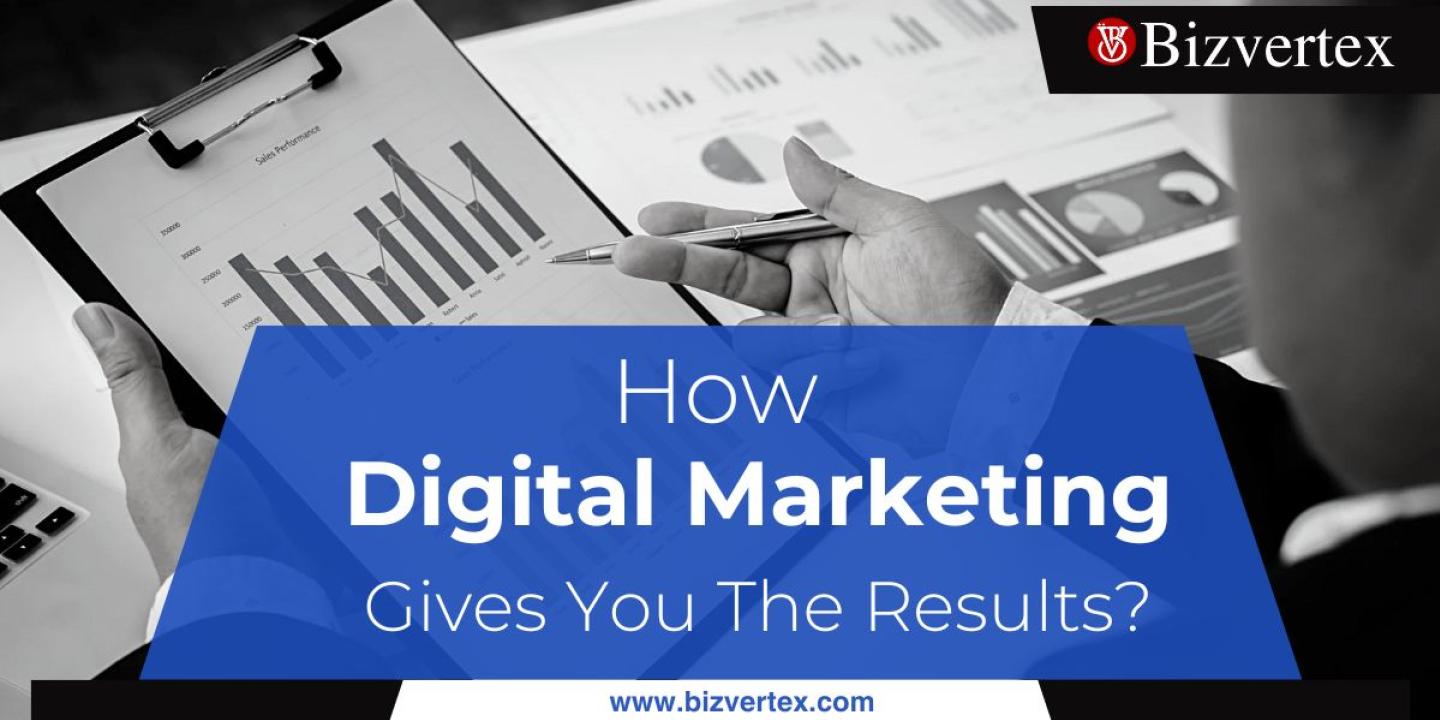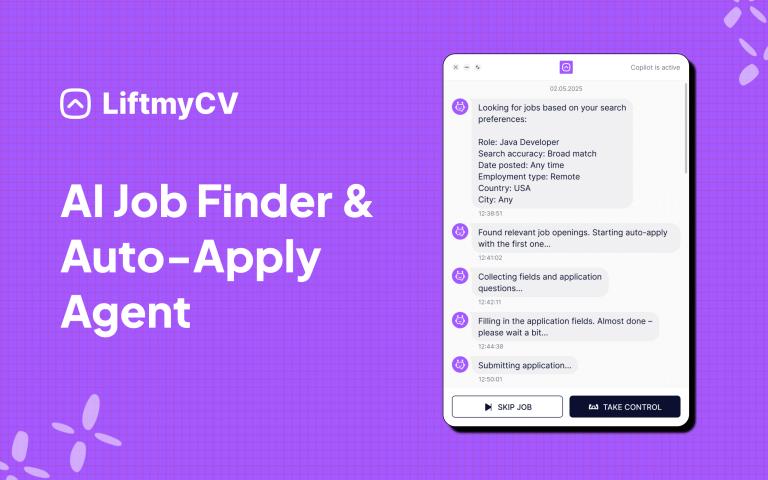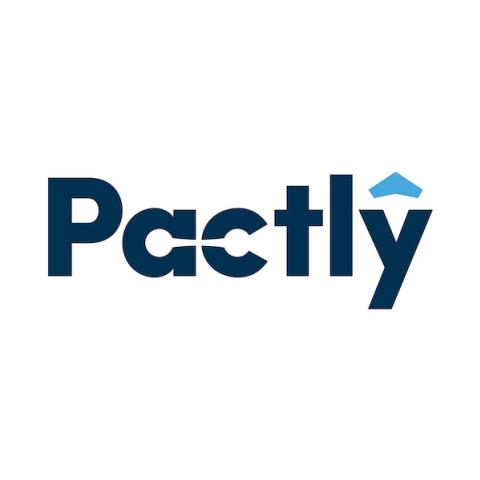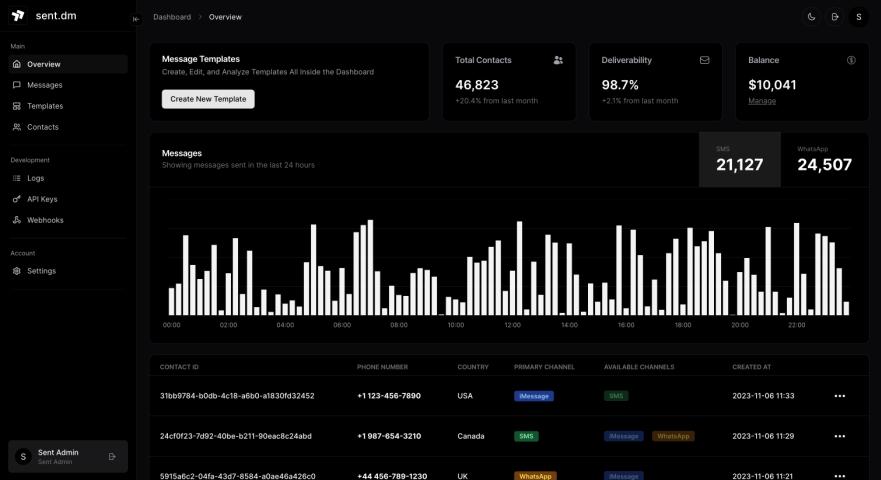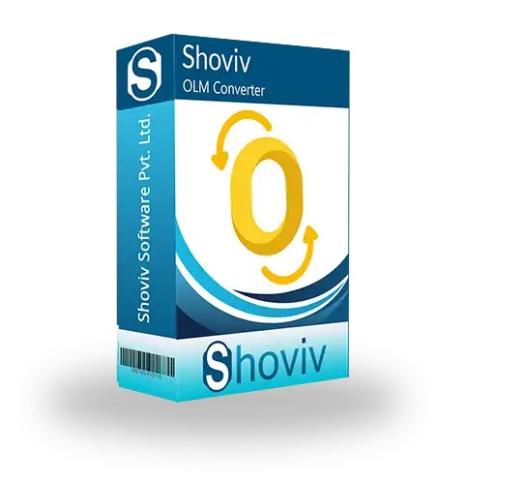Digital marketing
encompasses a broad range of online strategies used to promote products,
services, or brands through various digital channels. Unlike traditional
marketing, which relies on offline media like print and television, digital
marketing connects with potential customers on the internet where they spend
the majority of their time. This approach leverages online tools such as search
engines, social media, email, and websites to drive traffic, engage users, and
ultimately increase conversions. It is a dynamic field, constantly evolving
with new technologies and consumer trends.
Understanding the Core Components of Digital Marketing
To achieve effective
results, digital marketing employs a combination of several strategies. These
include:
Search
Engine Optimization (SEO): SEO involves optimizing a website to
rank higher on search engines like Google. By improving search visibility,
businesses can attract more organic traffic, which consists of users who are
already interested in their products or services.
Content
Marketing: This strategy revolves around creating valuable,
relevant content that attracts and engages a target audience. It includes blog
posts, videos, infographics, and more. By providing useful information, brands
establish authority in their industry and build trust with potential customers.
Social
Media Marketing: Platforms like Facebook, Instagram,
LinkedIn, and Twitter are valuable channels for connecting with consumers.
Social media marketing helps brands engage with their audience, foster
community, and promote brand awareness.
Pay-Per-Click
(PPC) Advertising: PPC is an advertising model where
businesses pay a fee each time someone clicks on their ad. Platforms like
Google Ads allow businesses to target specific demographics and appear in front
of users who are searching for related keywords, providing immediate
visibility.
Email
Marketing: Email marketing remains a highly effective tool for
nurturing leads and engaging with customers. It involves sending personalized
emails to keep subscribers informed about promotions, updates, and valuable
content.
Affiliate
Marketing: This performance-based strategy involves partnering
with influencers or other businesses to promote a brand's products. Affiliates
earn a commission for every sale or lead they generate, helping to expand reach
and increase revenue.
Conversion
Rate Optimization (CRO): CRO focuses on optimizing website
elements to convert visitors into customers. This can involve refining
calls-to-action, improving site navigation, or enhancing user experience to
maximize conversions.
How Digital Marketing Delivers Results
When implemented
strategically, digital marketing services can provide a measurable return on
investment (ROI) and effectively drive business growth. Here’s how:
Targeted
Reach: Digital marketing allows businesses to target
specific audiences based on factors like location, interests, and online
behavior. This targeted approach means ads reach individuals more likely to
engage with the brand, leading to higher conversion rates and better use of
advertising budgets.
Real-Time
Analytics: Unlike traditional marketing, digital marketing
provides detailed analytics in real-time. Marketers can track metrics like
website traffic, engagement rates, and conversions, allowing for data-driven
adjustments that optimize campaigns. With clear insights, businesses can
identify what works and improve their strategies continuously.
Scalability
and Flexibility: Digital marketing strategies are highly
adaptable, allowing businesses to scale campaigns based on budget and needs.
Whether it's increasing the ad spend on a successful campaign or adjusting the
messaging for better engagement, digital marketing offers a level of control
and flexibility unmatched by traditional marketing.
Enhanced
Customer Engagement: Through digital channels like social
media, businesses can foster stronger relationships with their customers.
Regular engagement helps build brand loyalty, turning one-time buyers into
long-term supporters. Digital marketing enables brands to interact with
consumers directly, making them feel valued and more likely to recommend the
brand to others.
Higher
ROI Compared to Traditional Marketing: Digital marketing is
often more cost-effective than traditional forms of advertising. The ability to
track and measure every aspect of a campaign, combined with targeted outreach,
means that resources are allocated efficiently to yield higher returns.
The Importance of Working with Experts
As digital marketing
evolves, keeping up with the latest tools, platforms, and algorithms can be
challenging. This is where a dedicated digital marketing agency comes in. An experienced
agency can manage campaigns, analyze results, and suggest data-backed
strategies for growth.
In conclusion, digital
marketing is a powerful avenue for businesses to reach and engage with their
target audience. Through targeted approaches, real-time feedback, and a
scalable structure, businesses can achieve meaningful results in today’s
competitive landscape. For businesses looking to maximize their digital
presence, Bizvertex is the leading Digital Marketing Agency, equipped
with the expertise to navigate the complexities of digital marketing and
deliver impactful results.
